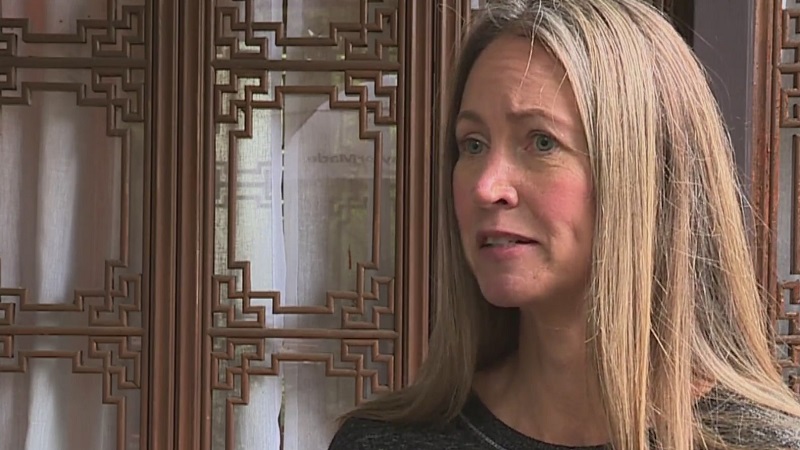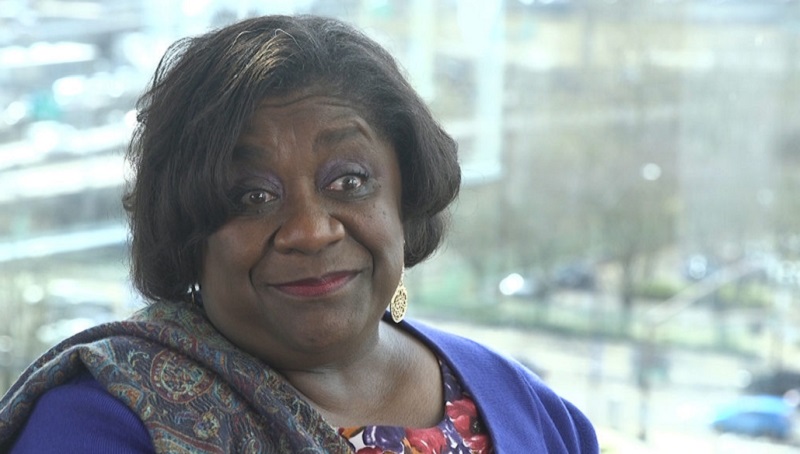PORTLAND, Ore. (KOIN) — On the eve of the budget vote by Portland City Council members, community activists continue to make their voices heard. And those groups are not shy about telling city leaders how to spend the $62 million surplus.
Some of the proposals in the budget focus spending tens of millions of dollars to address public safety and homelessness. Over the past year, numerous residents in Portland have expressed their frustration that city leaders haven’t acted quickly enough on these issues.
‘Comes down to leadership, leadership, leadership’
Cultural institutions, like Lan Su Chinese Gardens, said they’re hopeful about this budget process.
Executive Director Elizabeth Nye has been outspoken about how dire the situation is in Old Town. She said they hired armed security for the first time ever because of break-ins and threats to their staff. Now, she said, they’ve had to increase that security in the past month.
Nye is relieved to see the city potentially prioritizing these issues in Old Town in this budget. But she said if the budget is passed, it will come down to getting those resources deployed on the streets as fast as possible.
“I think at the end of the day that’s going to come down to leadership, leadership, leadership. The will to make it happen. And I’d like to see all of them step up to this opportunity,” Nye told KOIN 6 News. “I think whoever you’re talking to will give lots of different reasons why it hasn’t happened sooner. But the reality is, people are suffering on the streets now.”

She wanted to make it clear she’s not just concerned about the safety of her staff and visitors, she’s also worried about the safety of the people living on the streets.
At the nearby Blanchet House, Executive Director Scott Kerman said he’s anxious to see the budget passed. He said it includes his proposal to hire behavioral specialists for various organizations who serve the homeless.
“These specialists can provide sidewalk intervention to help deal with the extraordinary mental health and addiction crisis impacting the people we serve,” Kerman said.
They’re seeing extreme drug-induced behavior on the streets, he said, and any delay in getting people the help they need will just compound the issues.
“The greatest hope for the people we serve is that we can just address their suffering,” he said.
‘Don’t see City Hall reaching out to NAACP’
Sharon Gary-Smith, the president of the Portland chapter of the NAACP, released a statement Tuesday afternoon expressing frustration with how the city is considering spending its $62 million surplus.
One thing is clear: The NAACP wants no extra money for the police.

“We’re working with the community, we’re working on health, education, housing issues, all of these different areas that impact our community,” said the chapter’s second vice-president, Donovan Smith. “Yet still when things like this come along we don’t see City Hall reaching out to NAACP to see what we think and our members think. So it kind of forces us to have to put out these statements and give a voice to our community.”
Smith, wants to know why city leaders aren’t more focused on eviction prevention, especially considering the vast number of rental assistance applications piling up.
“People are living on the edge while they’re waiting on these little bit of dollars to eek out,” Smith said.
“I’m talking about people who are losing their lives, losing their hope, losing their houses, losing their sense of existence,” Gary-Smith said.
They both acknowledge the city’s drastic rise in crime and gun violence but said public safety requires more than police. It also requires things like mental health services and housing security.
“It is being able to pay your bills or not be always on the cliff of eviction or pushout,” Gary-Smith said.
The NAACP is calling on the City Council to use the dollars proposed for the PPB to waive fines for Black homeowners and fund mutual aid organizations. They said the money from the Fall BMP can’t heal all of the city’s wounds but it shouldn’t be used to perpetuate them.
“We’re saying, ‘Why don’t you do with this money what you’re supposed to do to take care of those most vulnerable, marginalized abused by a lack of access and opportunity?” Gary-Smith said.